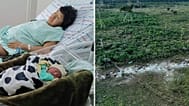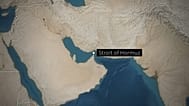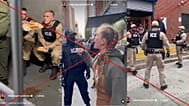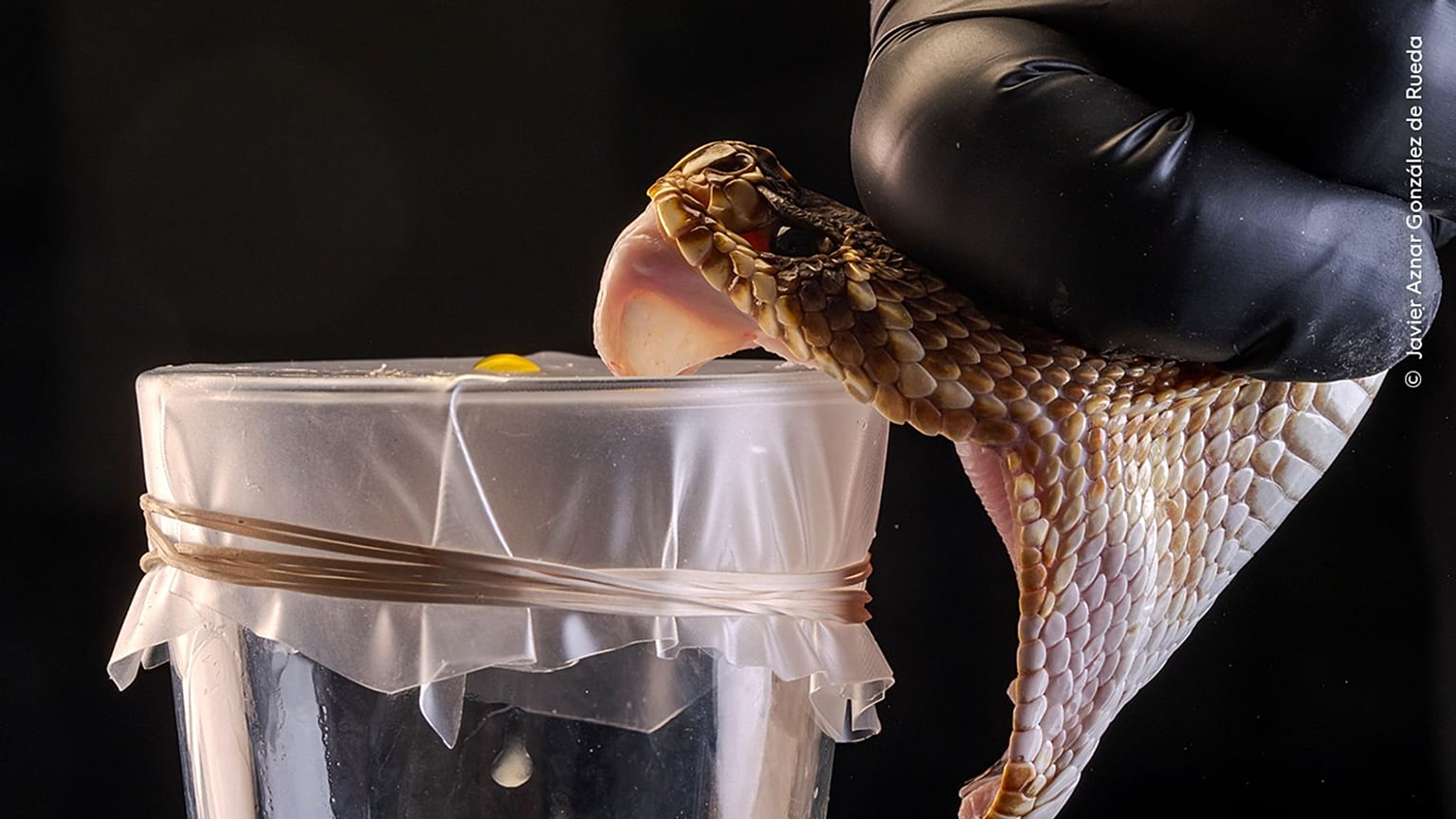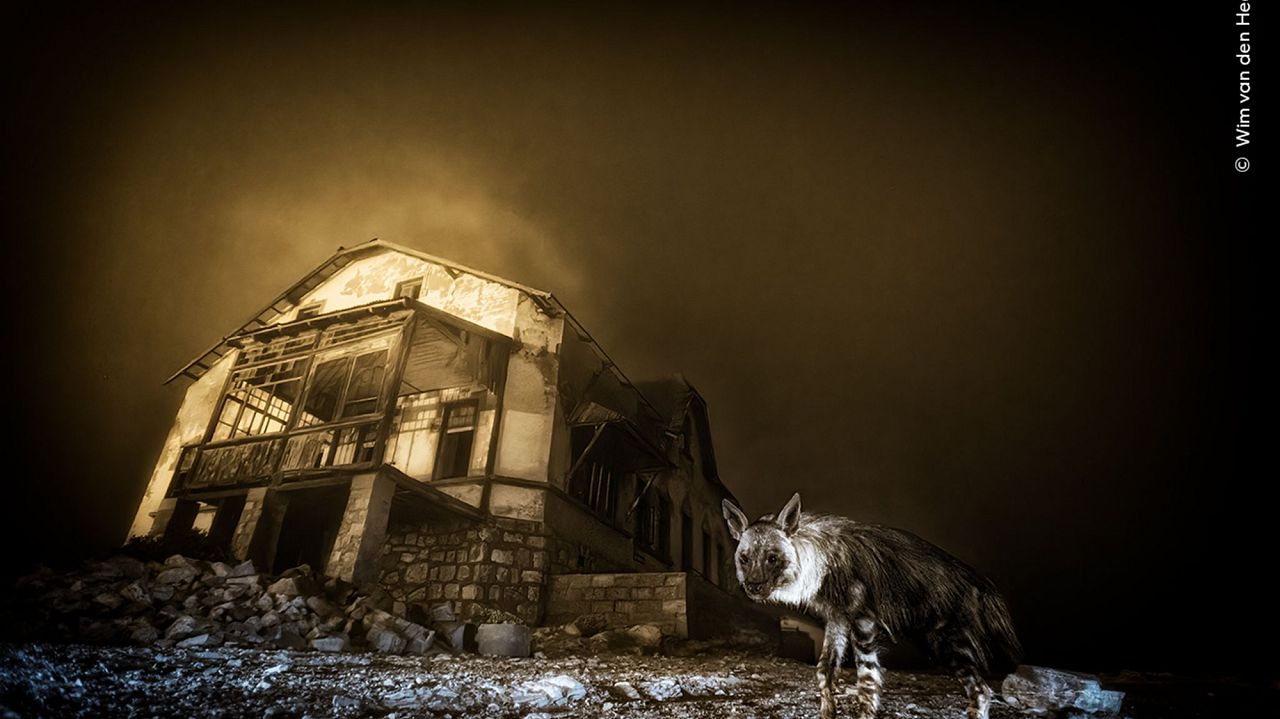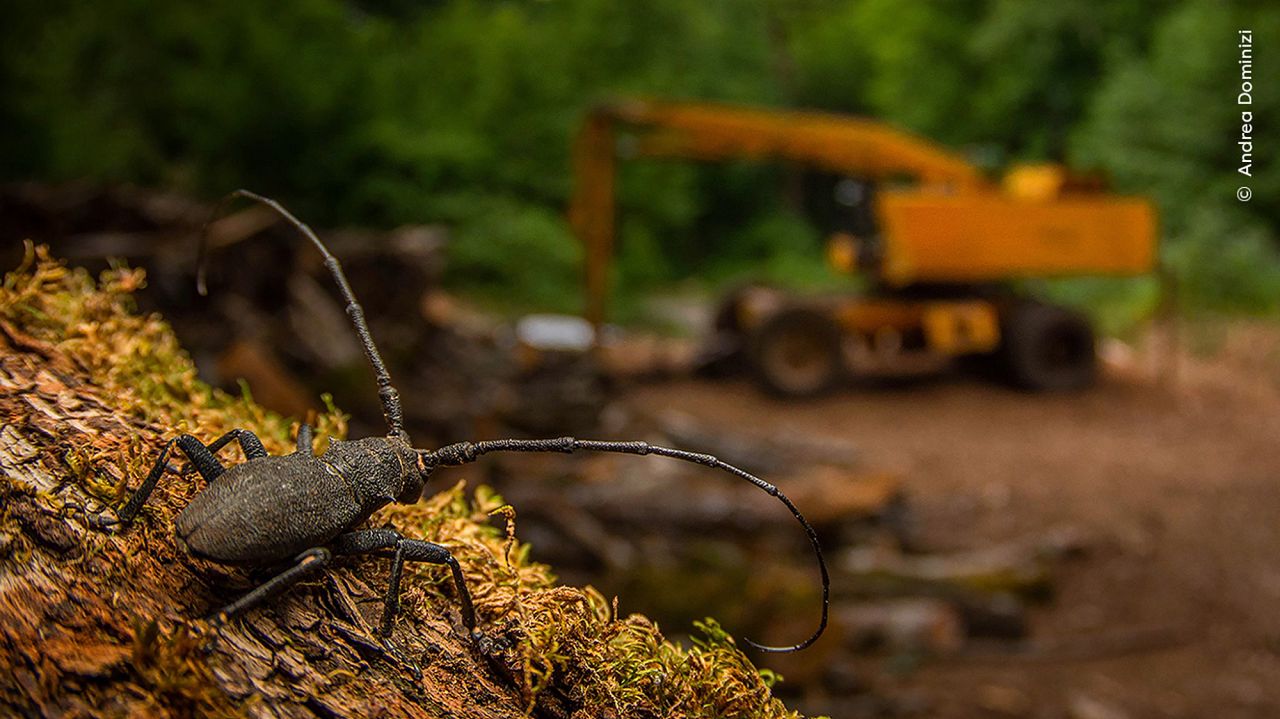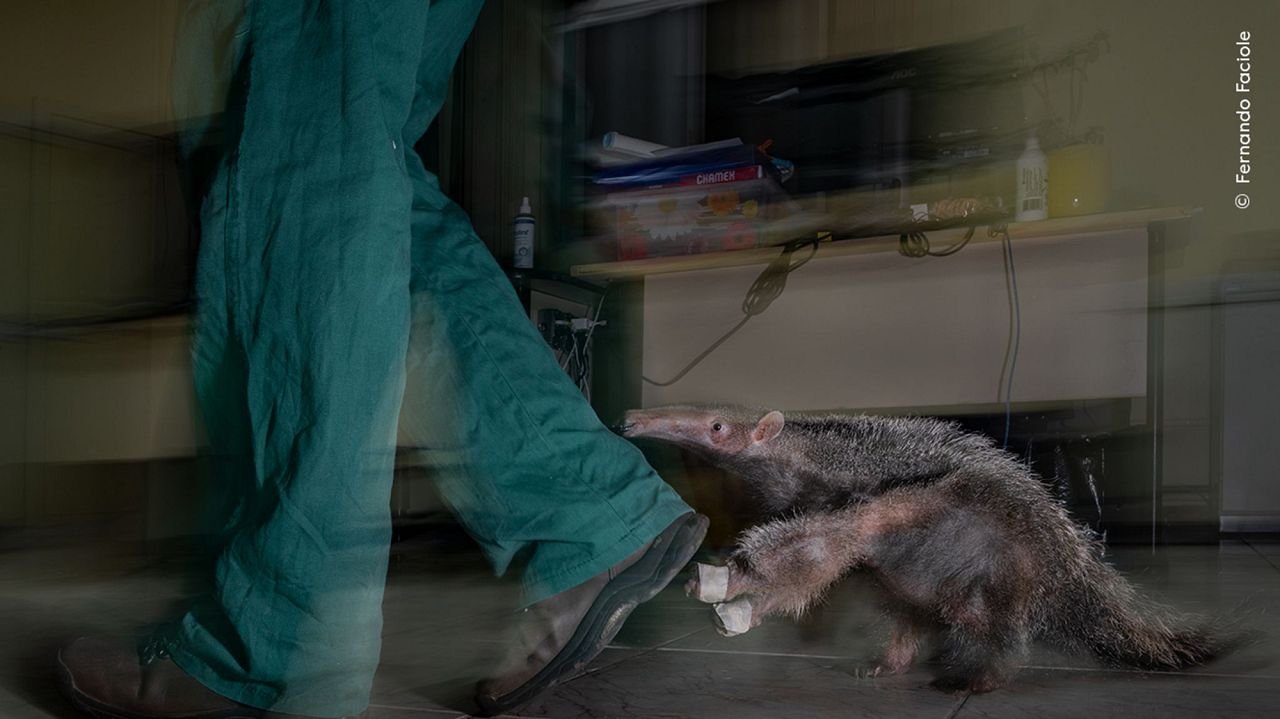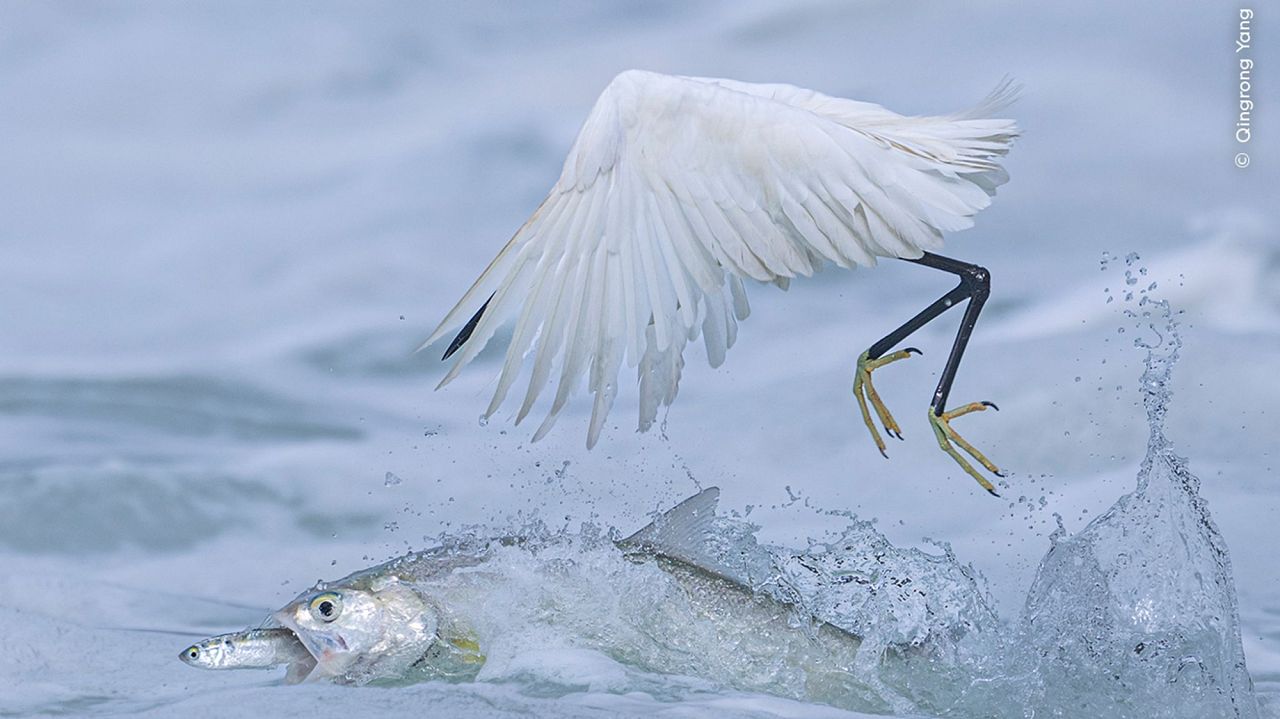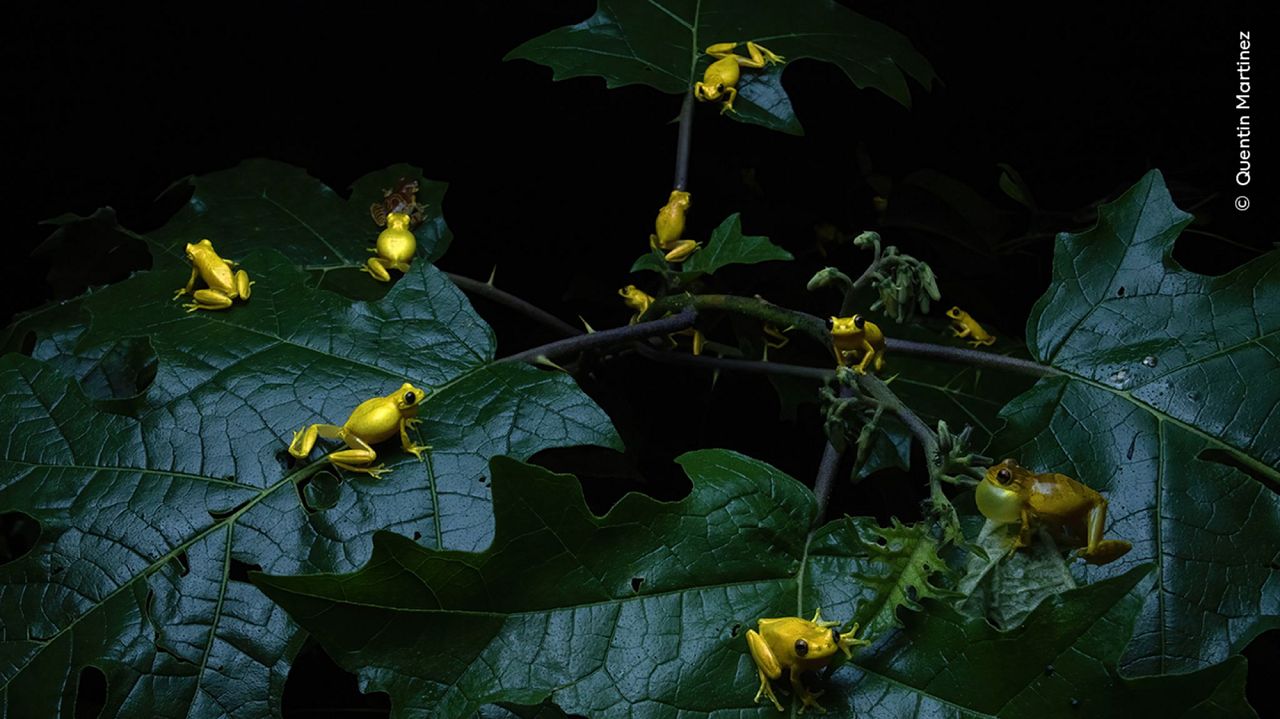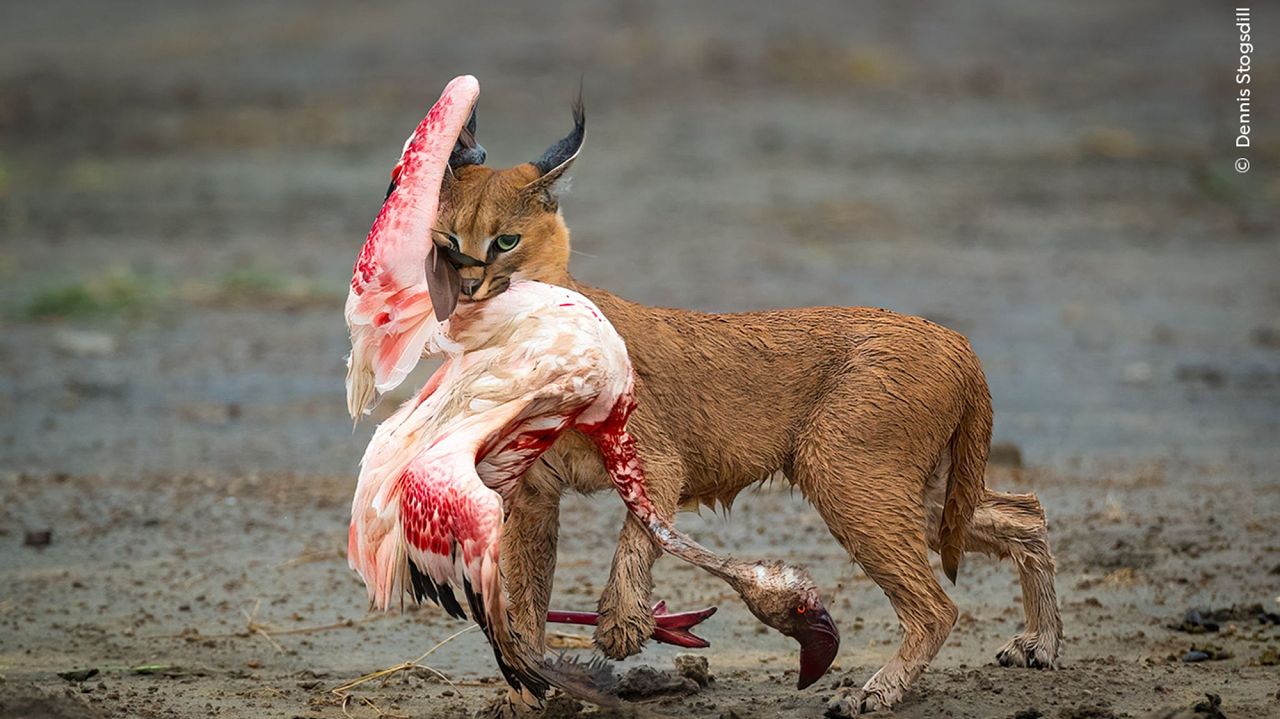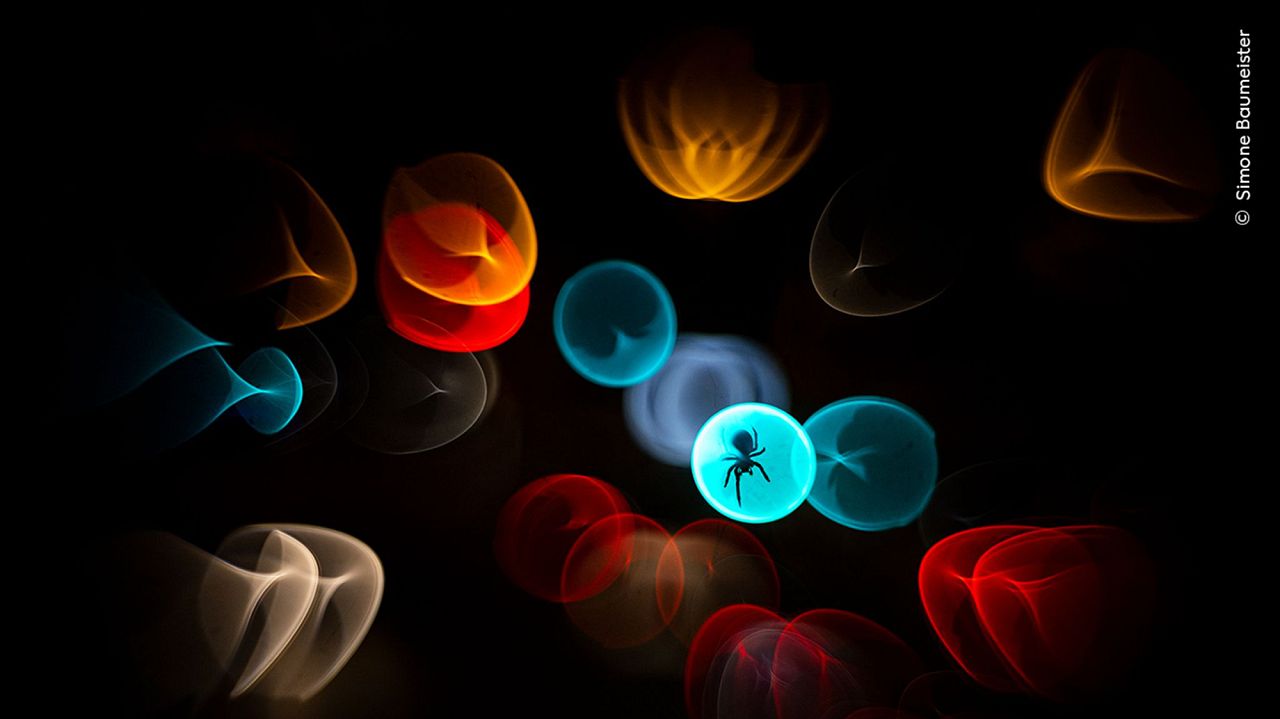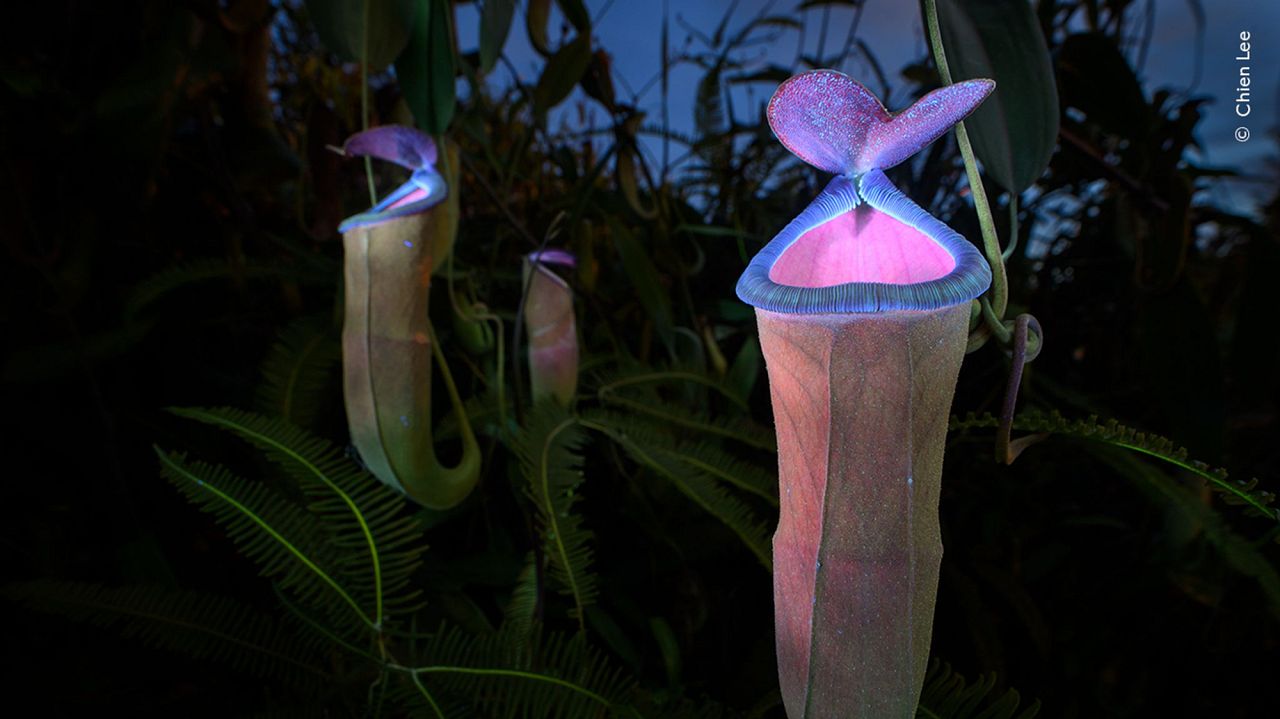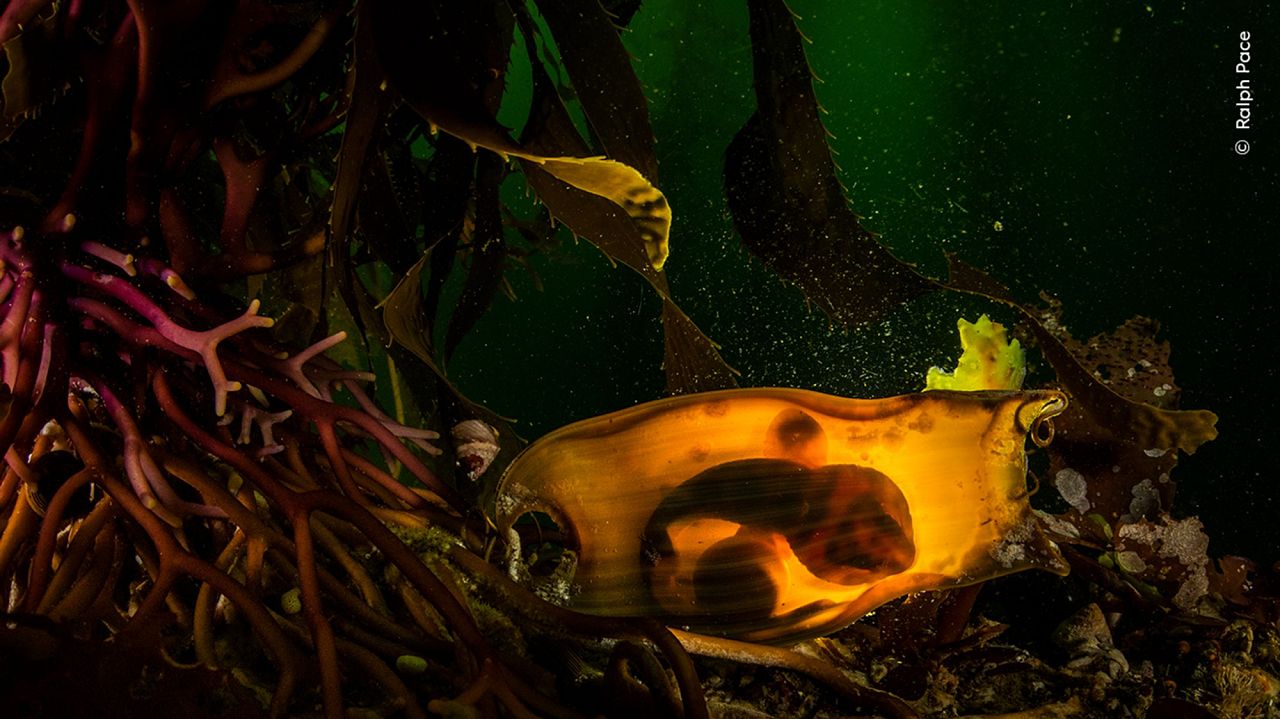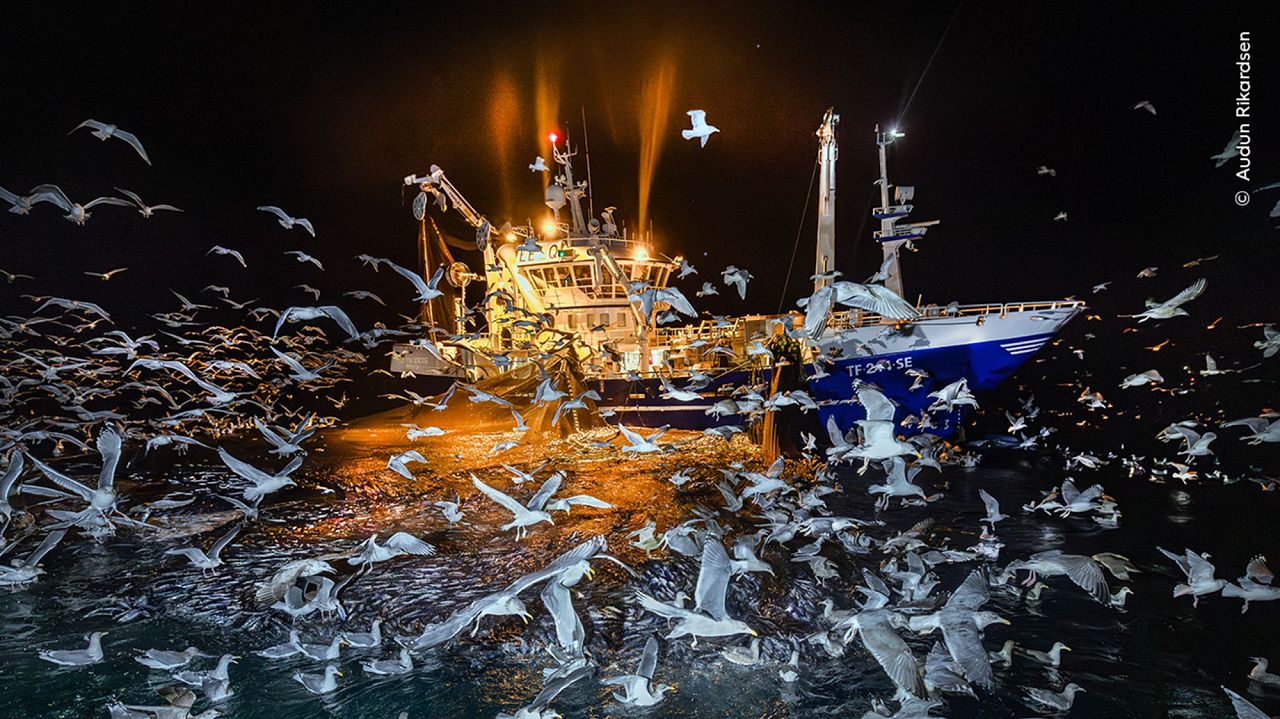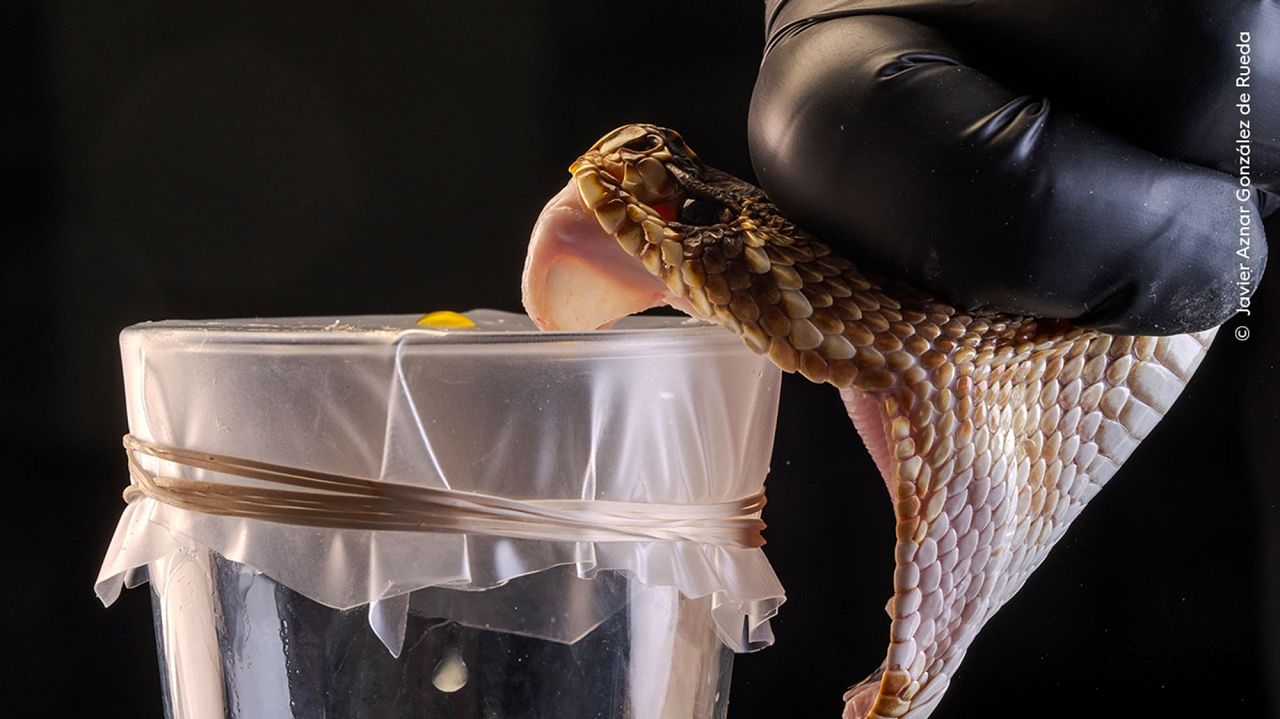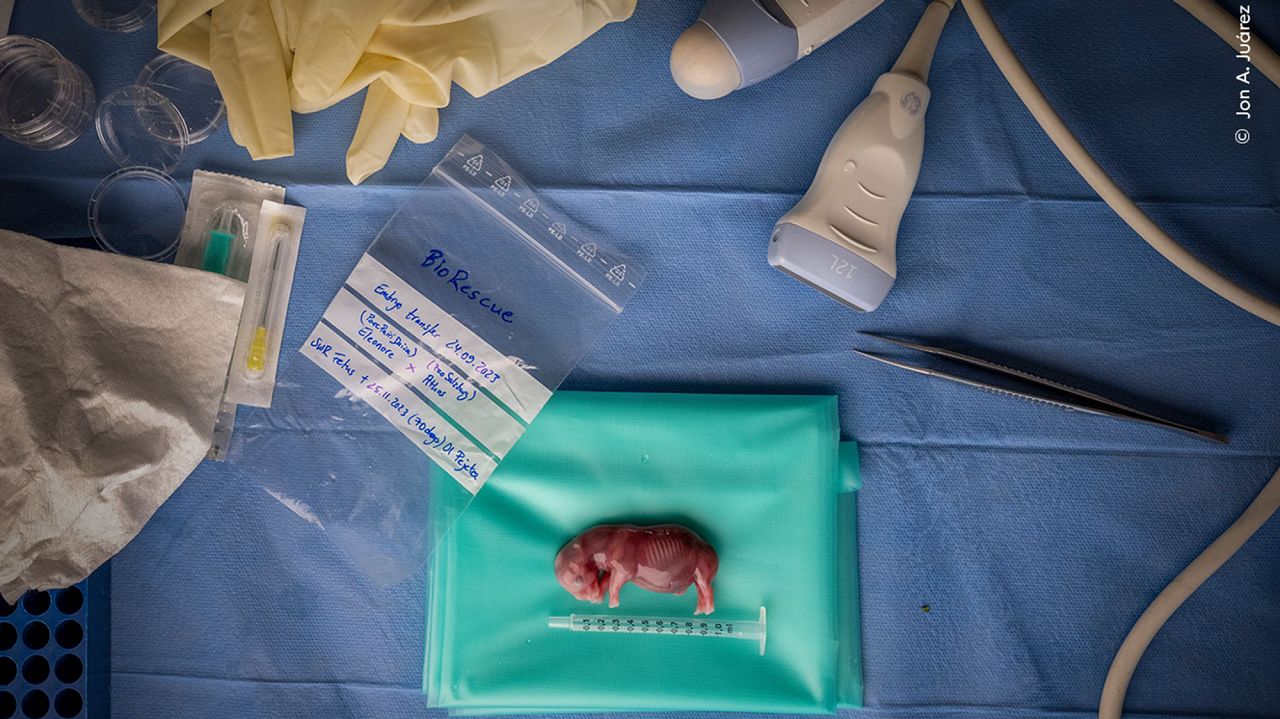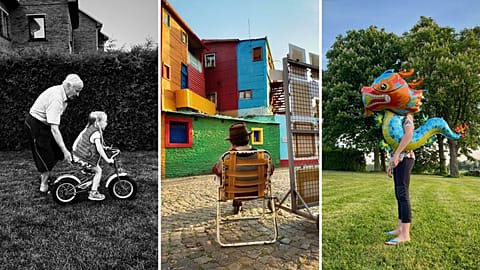Check out our favourite shots from the Wildlife Photographer of the Year 2025 winners
The winner of the Wildlife Photographer of the Year for 2025 has been announced. Here are some of our favourites from this year’s winning shots.
South African photographer Wim van den Heever has won the Wildlife Photographer of the Year 2025 award and the Urban Wildlife award for his shot “Ghost Town Visitor.”
 ADVERTISEMENT
ADVERTISEMENT
 ADVERTISEMENT
ADVERTISEMENT
The shot depicts a brown hyena, the rarest hyena species in the world, visiting an abandoned mining building in Kolmanskop, Namibia.
The photo was chosen from a record-breaking 60,636 entries from 113 countries and territories.
Check out some of our favourite winning shots from this year’s Wildlife Photographer of the Year awards:
Wildlife Photographer of the Year 2025: Wim van den Heever - "Ghost Town Visitor"
Young Wildlife Photographer of the Year: Andrea Dominizi - "After The Destruction"
A longhorn beetle in the Lepini Mountains, Italy, framed against abandoned machinery.
Impact Award: Fernando Faciole - "Orphan Of The Road"
An orphaned giant anteater pup following its caregiver. The award recognises "a conservation success, a story of hope or positive change."
Behaviour: Birds: Qingrong Yang - "Synchronised Fishing"
A ladyfish snatching its prey in Yundang Lake, Fujian Province, China.
Behaviour: Amphibians and Reptiles: Quentin Martinez - "Frolicking Frogs"
Tree frogs in a breeding event in Kaw Mountain, French Guiana.
Behaviour: Mammals: Dennis Stogsdill - "Cat Amongst The Flamingos"
Caracal hunting a flamingo in the Serengeti National Park in Tanzania.
Natural Artistry: Simone Baumeister - "Caught in the Headlights"
An orb weaver spider on its web, silhouetted by lights from the cars.
Plants and Fungi: Chien Lee - "Deadly Allure"
An insect-attracting pitcher plant in the city of Kuching in Malaysia.
Underwater: Ralph Pace - "Survival Purse"
An egg case of a swell shark in Monterey Bay, California.
Oceans: The Bigger Picture: Audun Rikardsen - "The Feast"
Feeding time during a polar night in northern Norway.
Photojournalist Story Award: Javier Aznar González de Rueda - "From Venom To Medicine"
An eastern diamondback rattlesnake is milked.
Photojournalism: Jon A Juárez - "How To Save A Species"
A northern white rhino is saved from extinction through IVF in Kenya.
The winning photographs will be showcased in an exhibition at the Natural History Museum, London, from Friday 17 October 2025.
Organisers say the exhibition will help visitors understand how habitats are changing. The exhibition will also provide insight into some of the habitats pictured by including the Natural History Museum’s Biodiversity Intactness Index (BII) - which measures how much of a region’s natural biodiversity remains. Find out more here.

